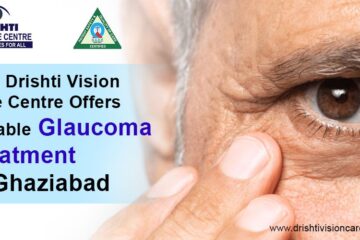Using eye drops may seem harmless, but when those drops are expired, they can pose serious risks to your eye health. Whether you use them to treat dryness, infections, or other eye conditions, outdated eye drops can do more harm than good. Here’s why you should avoid using expired eye drops and what you need to know about their safety.
What Happens When Eye Drops Expire?
Eye drops come with an expiration date for a reason. Over time, the active ingredients in the drops lose their effectiveness, reducing their ability to treat the condition they are meant for. Additionally, the preservatives that prevent bacterial growth in the solution may degrade, increasing the risk of contamination.
Key Changes in Expired Eye Drops:
- Reduced Potency: The therapeutic effect diminishes, making them less effective.
- Bacterial Contamination: Without effective preservatives, the solution becomes a breeding ground for bacteria.
- Chemical Changes: The breakdown of active ingredients can lead to harmful byproducts.
Risks of Using Expired Eye Drops
Using outdated eye drops can lead to several complications, including:
1. Eye Infections
Contaminated eye drops can introduce bacteria or fungi into your eyes, potentially causing infections like conjunctivitis or keratitis. These conditions require immediate medical attention and can lead to serious consequences if untreated.
2. Allergic Reactions
The chemical composition of expired eye drops may change, leading to irritation, redness, or allergic reactions.
3. Ineffective Treatment
When the active ingredients lose potency, your eye condition might not improve, prolonging discomfort and delaying recovery.
4. Vision Damage
In severe cases, using expired or contaminated eye drops can exacerbate existing conditions or cause irreversible damage to your eyesight.
How to Safely Use Eye Drops
To ensure the safety and effectiveness of your eye drops, follow these guidelines:
- Check the Expiry Date: Always check the packaging for the expiration date before use.
- Store Properly: Keep eye drops in a cool, dry place, away from direct sunlight.
- Avoid Sharing: Sharing eye drops can spread infections.
- Replace Opened Bottles: Most eye drops should be discarded 30 days after opening, even if they are not expired.
When to Consult an Eye Specialist
If you experience any adverse reactions, such as redness, pain, or blurred vision after using eye drops, consult an eye specialist immediately. Clinics like Drishti Vision Care Centre in Ghaziabad offer expert guidance and treatment to ensure your eyes remain healthy.
Conclusion
While eye drops are a convenient solution for many eye problems, using expired products can lead to serious risks. Always prioritize your eye health by using fresh, unexpired drops and consulting with an expert for any concerns. For comprehensive eye care and advice, trust the specialists at Drishti Vision Care Centre to keep your vision clear and your eyes healthy.

